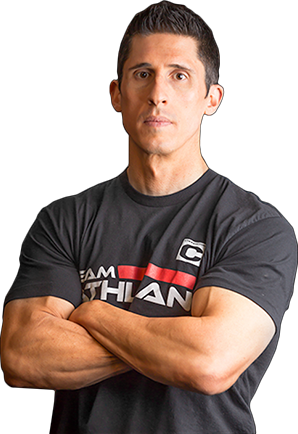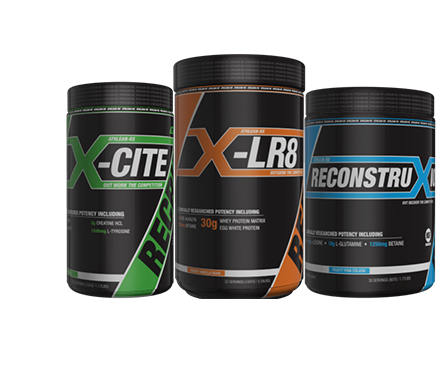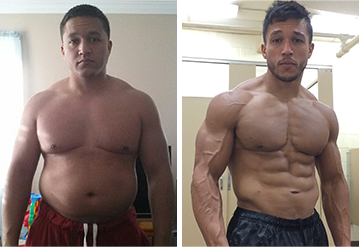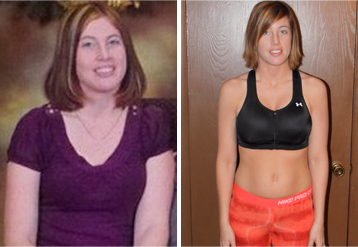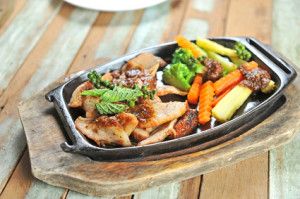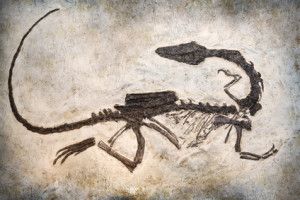 New here? Like Athlean-XX for Women on Facebook to stay up to date with new posts, great fitness and nutrition articles, motivations and inspirations, fitness challenges, Q&As, giveaways and more!
New here? Like Athlean-XX for Women on Facebook to stay up to date with new posts, great fitness and nutrition articles, motivations and inspirations, fitness challenges, Q&As, giveaways and more!
If you consume fitness and health literature often, you’re bound to have heard about the Paleo Diet (sometimes referred to as the Caveman Diet). CrossFit enthusiasts swear by it, and many doctors, nutritionists and fitness gurus agree that the diet has got its merits for both health and weight loss.
The basis of Paleo is to eat a diet as similar as possible to that of our Neanderthal ancestors – mostly lean meat, veggies and fruits. Sounds healthy enough…but is there scientific basis to this diet? Would we be missing out on any crucial nutrients? Is this just another in a long series of diet crazes that will go out of style faster than we can say ‘Paleolithic’?
WHAT IS THE PALEO DIET?
The Paleo Diet was created by Loren Cordain, PhD, a professor at Colorado State University, who has conducted quite a bit of research that he believes prove the health benefits of this diet. The premise is that our genetics have changed little since the caveman days 10,000 years ago, and that the healthiest diet for humans is the one eaten by our hunter and gatherer ancestors. On the Paleo Diet, you can eat lean meats, fish and eggs and non-starchy fruits, vegetables and nuts. The diet recommends against eating any foods that became available during the modern agrarian revolution, including dairy products, all grains, potatoes, corn, legumes (beans, lentils and peanuts), salt, sugar and processed foods.
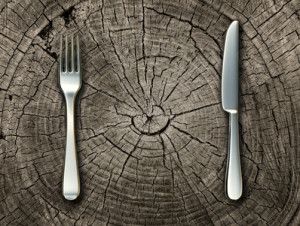 HEALTH AND WEIGHT LOSS BENEFITS OF THE PALEO DIET
HEALTH AND WEIGHT LOSS BENEFITS OF THE PALEO DIET
Proponents of the Paleo Diet believe that many of the modern diseases humans suffer from, such as obesity, heart disease and diabetes have their roots in the typical Western diet. Loren Cordain states that although dairy, grains and legumes do contain proteins and nutrients, our “genome has not really adapted to these foods, which can cause inflammation at the cellular level and promote disease.” He states that clinical trials have shown that the Paleo diet can help “lower the risk of cardiovascular disease, blood pressure, markers of inflammation, help with weight loss, reduce acne, and promote optimum health and athletic performance.”
Since the Paleo Diet is rich in lean proteins and fibrous plant foods, but excludes sugars and grain-based carbohydrates, this diet can help to control blood sugar, and prevent weight gain and Type 2 Diabetes. For most dieters, eliminating all grains, dairy, processed foods and sugar will most likely lead to weight loss.
CRITICISM OF THE PALEO DIET
Many nutrition experts reject the notion that our genes haven’t changed since the caveman days, asserting that over the past 10,000 years, humans have adapted to a broader diet including whole grains, dairy, and legumes. They state that there are also numerous studies that demonstrate the health value of these paleo-restricted foods. They also remind us that adopting any portion-controlled diet that is high in lean protein, veggies and fruit and low in sugar and refined carbohydrates is likely to help us lose weight, control blood sugars and lower the risk of heart disease.
Other critics of the Paleo Diet feel that it might be too restrictive for dieters to follow in the long run. They claim that eliminating whole food groups can decrease the satisfaction of the dieter, leading to binging or early abandonment of the diet. Finally, they state that Paleo dieters will have to supplement Calcium and Vitamin D, since they will not likely get enough of those two nutrients on the diet.
The answer to this question is really up to you, and will depend upon your body and dietary preferences. The Paleo Diet does have some merits – eating a healthy diet of lean proteins and lots of fruits and veggies does indeed have health benefits. If you are lactose, gluten or grain intolerant, this diet may be easier for you to follow since you likely already restrict at least one of these. However, if you are vegetarian or vegan and wish to stay that way, this diet is probably not for you, since it removes almost all of your plant protein sources.
If weight loss is your goal, the most important take away from the Paleo Diet is to eat lots of lean protein and fibrous vegetables and fruit, and to remove as much refined sugar and grains as you can. Can you still lose weight if you eat low fat dairy, whole grains and legumes? Yes! So, whether or not you choose to adopt a Paleo Diet is a matter of your own personal preference.
In the Athlean-XX for Women nutrition plan, we recommend a diet that cuts back on refined sugar and refined or white grains, but allows eating lean proteins including low-fat dairy, legumes and whole grains, lots of fruits and veggies and some good healthy fats. Our goal with the nutrition plan was to create a plan flexible enough that every woman would get to eat foods she enjoyed without feeling restricted. We’ve learned that flexibility is the key when it comes to consistency with a nutrition and fitness plan. We don’t want Athlean-XX to be your NEXT nutrition and fitness plan…we want it to be a plan you can stick to FOR LIFE! So, if you’re ready to ditch the on-again, off-again diet and fitness cycle, join us on Team Athlean and find out how a flexible plan will keep you on target FOR GOOD!
And finally, if you’d like to stay up to date with the AthleanXXforWomen.com blog, then please like us on Facebook, follow us on Twitter and follow us on Pinterest.
P.S. We are a growing community dedicated to and passionate about realistic fitness and nutrition for REAL women. If you enjoyed this post please feel free to share on Facebook, Twitter and Pinterest. It would be incredibly appreciated!



